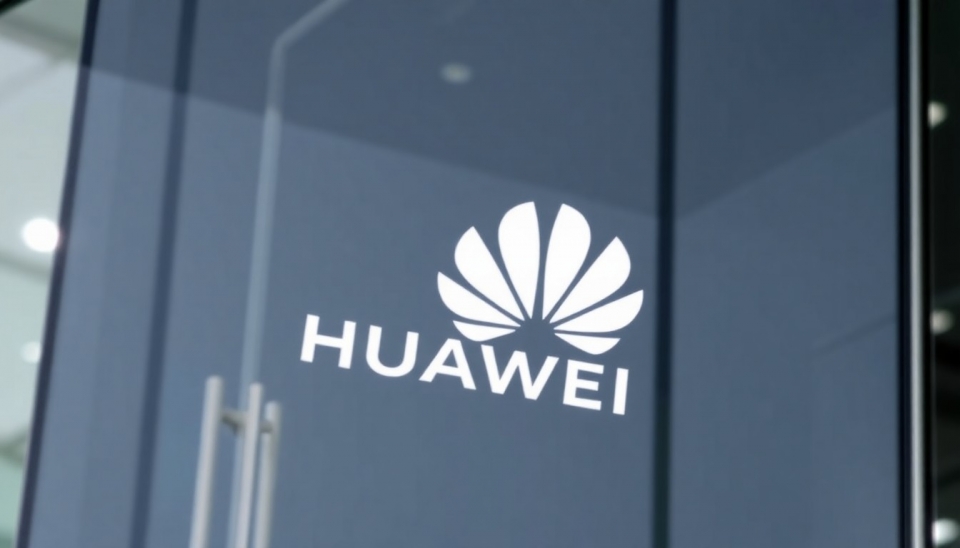
In a sweeping move to strengthen national security, the latest defense legislation introduced by U.S. Congress has targeted suppliers affiliated with the Chinese tech giant Huawei. The bill, which was finalized and is awaiting formal approval, aims to impose rigorous new restrictions that significantly tighten the already complex relationship between American tech suppliers and Huawei.
The new regulations stem from ongoing concerns regarding Huawei's connection to the Chinese government and the potential risks that its technology poses to U.S. telecommunications infrastructure. These concerns have led to mounting pressure on suppliers who provide critical components to Huawei, a company often viewed as a national security threat by U.S. officials.
According to sources familiar with the matter, the legislation seeks to impose limitations not only on the sale of sensitive technology to Huawei but also aims to broaden the scope of entities that could be affected by these restrictions. This is expected to impact a wide array of companies that play a crucial role in the supply chain, including those involved in hardware, software, and semiconductor manufacturing.
As part of the new provisions, suppliers will be required to conduct thorough assessments to evaluate the risks associated with their business relationships with Huawei. These assessments will focus on ensuring compliance with U.S. law, as well as mitigating the risks of espionage and intellectual property theft. The move is perceived as a direct response to the increasing global presence of Chinese technology companies and their potential influence on domestic and global supply chains.
Industry analysts have voiced concerns over how these restrictions might ultimately affect innovation within the tech sector. Many fear that an overly aggressive crackdown could lead to a stifling of collaboration and technology sharing, resulting in setbacks for all parties involved, even those not directly linked to Huawei. Additionally, there are apprehensions about the long-term economic impacts on American suppliers who heavily rely on international markets.
Amidst this backdrop, the U.S. government has framed these limitations as a necessary step to safeguard both national security and the integrity of American technological advancements. Officials assert that such measures are instrumental in countering any potential threats posed by foreign adversaries, particularly in fields like telecommunications, which are critical to the nation's infrastructure.
This bill reflects the broader context of U.S.-China relations, which have become increasingly strained in recent years due to various geopolitical tensions. The imposition of these further restrictions on Huawei and its suppliers is seen not just as a financial maneuver but also as a strategic positioning in an ongoing global tech rivalry.
As lawmakers push for progress on this bill, Huawei has yet to issue an official response regarding the potential impacts it may face from these new regulations. Nonetheless, the company's representatives have historically advocated for transparency and collaboration in international technological engagements.
Looking ahead, it remains to be seen how these new measures will play out, particularly regarding how companies will adapt to the shifting regulatory landscape and what this means for future U.S.-China tech relations.
In conclusion, the latest defense bill signifies a significant escalation in U.S. efforts to limit the influence of Huawei and protect its technological landscape from perceived external threats.
#Huawei #USTech #NationalSecurity #DefenseBill #SupplyChain #ChinaRelations #Telecommunications
Author: John Miller




